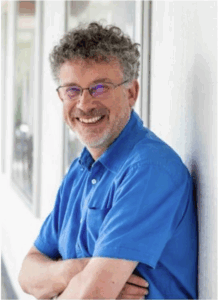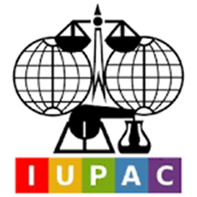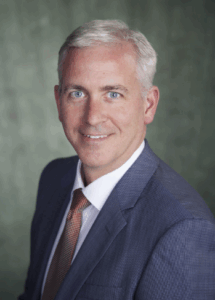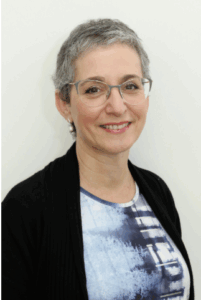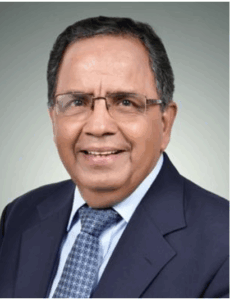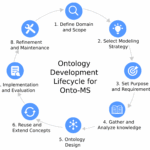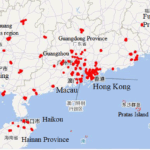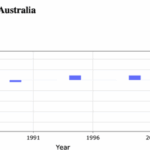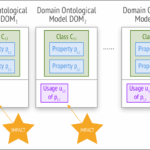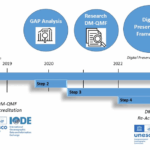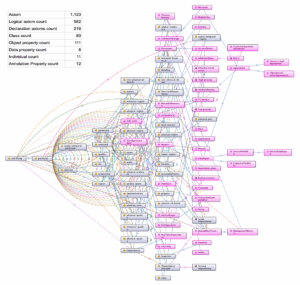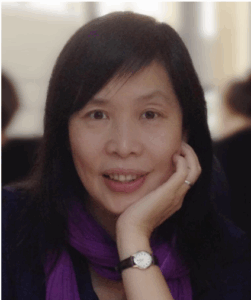 This is the fifth in the series of short statements from candidates in the coming CODATA Elections at the General Assembly to be held on 17-18 October 2025. Kuo-Fong Ma is a candidate for the CODATA Executive Committee as an Ordinary Member. She was nominated by the Academy of Sciences located in Taipei.
This is the fifth in the series of short statements from candidates in the coming CODATA Elections at the General Assembly to be held on 17-18 October 2025. Kuo-Fong Ma is a candidate for the CODATA Executive Committee as an Ordinary Member. She was nominated by the Academy of Sciences located in Taipei.
Affiliation:
- Institution: Institute of Earth Sciences, Academia Sinica
- City: Taipei
- Country: Taiwan
Nationality of Candidate: TAIWAN
Scientific Disciplines:
- Earthquake Hazard and Risk for Exposure
- Earthquake Seismology
- Earthquake Physics
- Optical Fiber Seismology
I, Kuo-Fong Ma, am a member of the CODATA Taiwan Committee since 2024, President of Taiwan division of IUGG, and Chief Scientist of Taiwan Earthquake Research Center. While I had not previously heavily held a formal role within CODATA, my research leadership and international collaborations have consistently aligned with CODATA’s core mission of advancing data for science and sustainable development. I have been actively involved in large-scale, data-intensive geoscience initiatives, such as national seismic hazard map, fiber-optic sensing, that emphasize open data sharing, multi-agency data integration, and reproducible science.
My focus on the study of natural disasters, especially in earthquake science, hazard assessment, and data-driven geophysical research. We consistently championed open science, interdisciplinary collaboration, and the integration of complex data systems for societal resilience. As Distinguished Research Fellow at Academia Sinica and Director of the E-DREaM Center at National Central University, I lead several national and international initiatives focused on real-time seismic monitoring, fiber-optic sensing, and multi-hazard risk analysis. My leadership in large-scale data integration is evident in projects like the Taiwan Earthquake Model (TEM PSHA2020), the Taiwan MiDAS project for borehole DAS monitoring, and collaborative efforts with other global institutes.
My experience with scientific governance includes board-level and advisory roles with the Seismological Society of America, the International Continental Scientific Drilling Program (ICDP), and the Executive Committee of AOGS. I am also an elected AGU Fellow and a recipient of the AOGS Axford Medal.
CODATA’s mission to advance data science for the benefit of science and society deeply aligns with my commitment to fostering FAIR (Findable, Accessible, Interoperable, and Reusable) data principles in earth and environmental sciences. I have broad experience in managing multi-agency data platforms, promoting transdisciplinary knowledge exchange, and advocating for open, equitable access to scientific infrastructure across regions.
With a global perspective rooted in regional action, I could contribute to CODATA’s strategic vision, particularly in shaping policy-relevant science, advancing open data initiatives in the Global South and Asia-Pacific, and reinforcing the role of data in climate resilience and disaster risk reduction.

